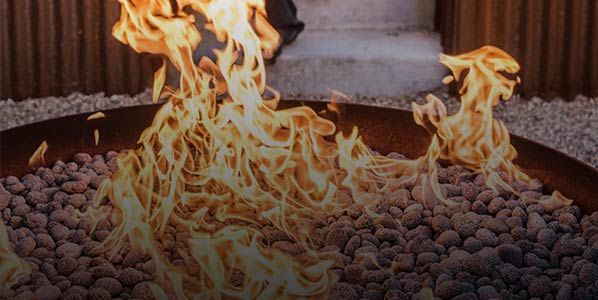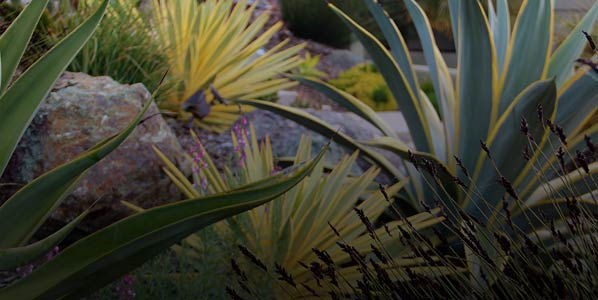When Aphids Attack!
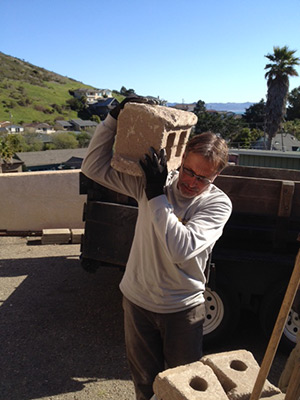 David Spatafora: Insect Assassin
David Spatafora: Insect Assassin
You've seen this guy hefting rocks, demoing concrete, and pruning, stacking, and planting away. Like all landscapers, David also spends a good deal of time fighting pests and plant predators. Gardens by Gabriel works to be as organic as possible, and that includes pest control. You may have heard of Integrated Pest Management (IPM), but if you haven't, it's a system we employ from start to finish (and beyond!) in our gardens that focuses on prevention and the least amount of intervention required.
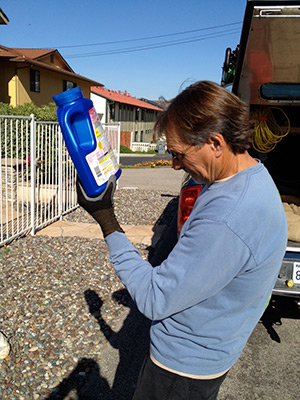 David follows IPM when dealing with creepy crawly plant eaters, and none more often than the teeny-tiny aphid! Aphids come in a rainbow of colors, are indiscriminate about their meals, and flock by the dozens to munch your plants. But because aphids swarm en masse, they can be easy to eliminate in large batches.
David follows IPM when dealing with creepy crawly plant eaters, and none more often than the teeny-tiny aphid! Aphids come in a rainbow of colors, are indiscriminate about their meals, and flock by the dozens to munch your plants. But because aphids swarm en masse, they can be easy to eliminate in large batches.
When dealing with aphids, it's tempting, and it works short-term, to simply blast them off with a hose, but they often see that as a challenge to return! In terms of intervention, IPM means using the most benign products first in order to deal with pests. We like vegetable-based Horticultural Oil for pests like aphids. It's a fungicide, a miticide, and an insecticide all in one. And according to Colorado State University Extension School, "Oils pose few risks to people and to beneficial insects."
The Scoop
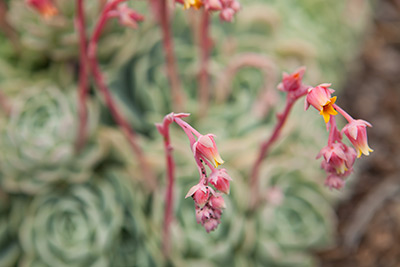 WHAT: Vegetable-based Horticultural Oil
WHAT: Vegetable-based Horticultural Oil
WHY: IPM is safer for the environment, homeowners, and our crew. It leaves no residual effect on the soil.
HOW: Apply it with a small tank sprayer or spray bottle. Be careful of spraying the oil in full sun because the plant can burn, just a like a human being!
AND ACCORDING TO DAVID: "The key to controlling aphid infestation is persistance! Horticultural Oil may be used year-round during both dormant and growing seasons and may be used for organic production as well. Like rinsing plants with water, repeat application frequently!"

